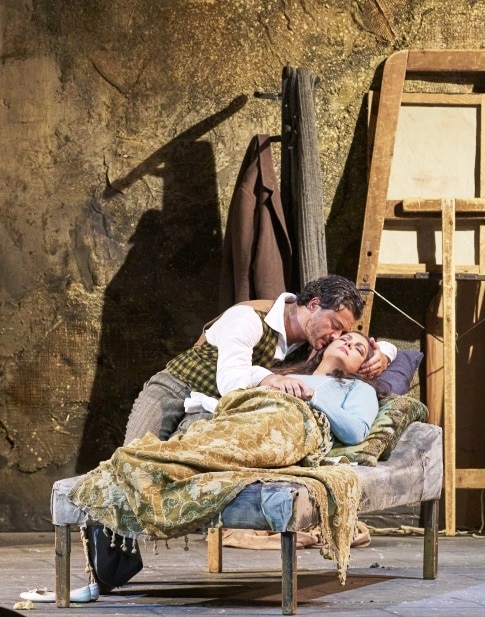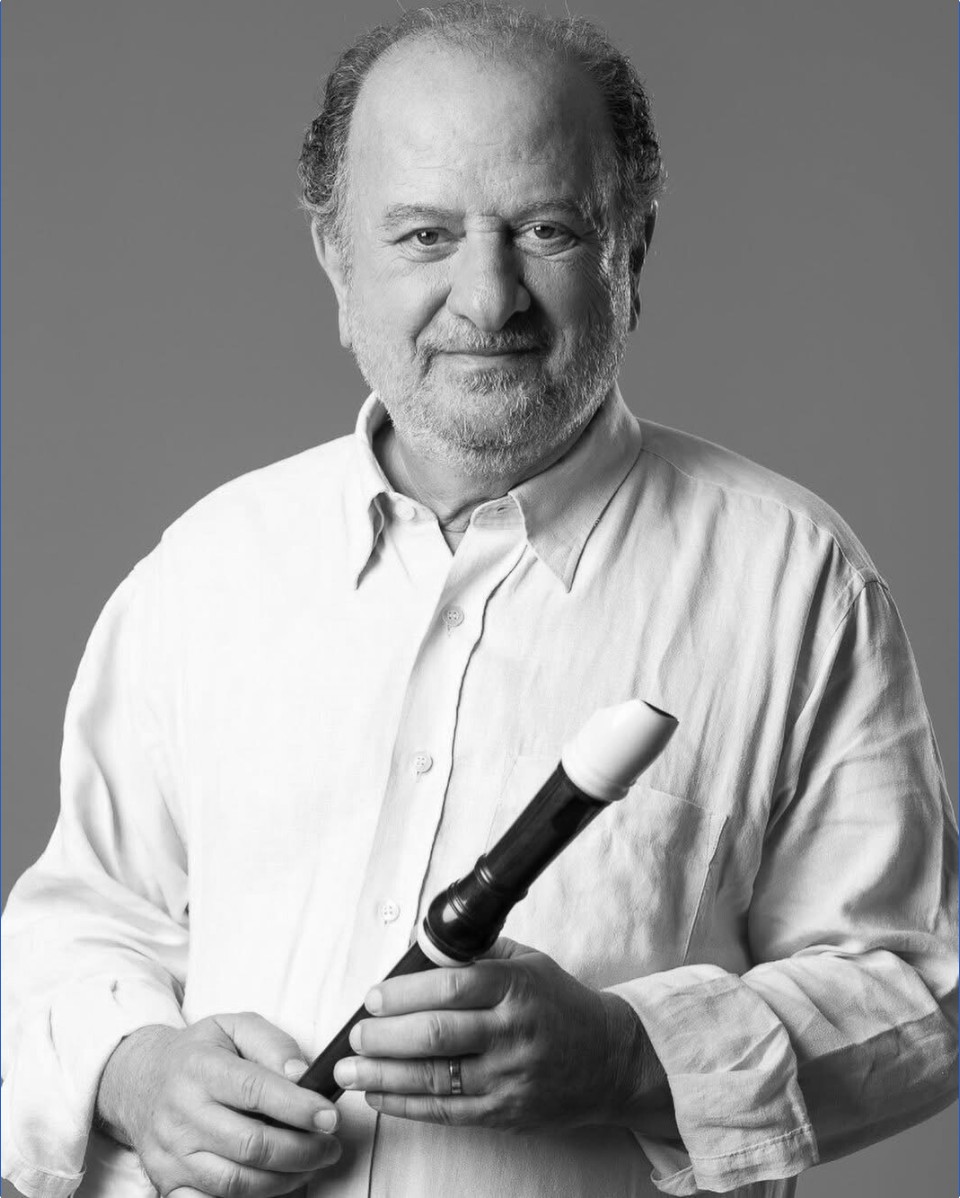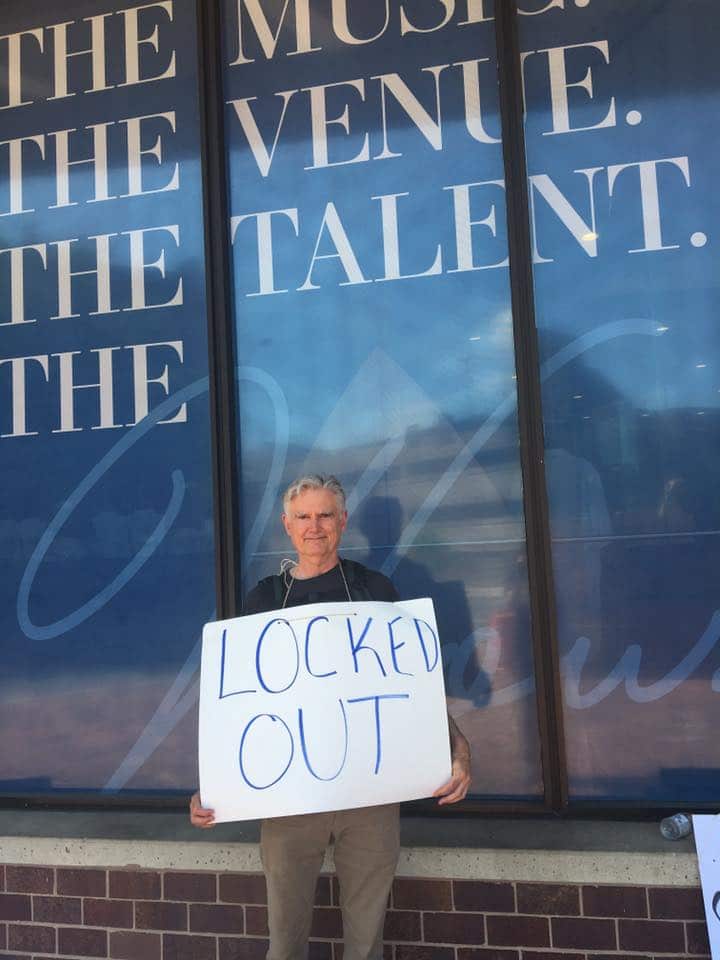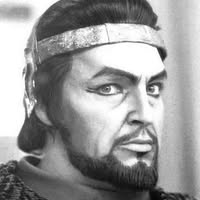Mixed reports from Vienna on Netrebko’s lumpy Bohème
NewsOne overnight enthusiast counted 19 minutes of applause.
Our resident critic Larry L. Lash writes that even her most fervent supporters struggled to summon much enthusiasm.
Here’s Larry’s review, exclusive to slippedisc.com:
Larry L. Lash
12 September 2022
Slipped Disc
Wiener Staatsoper’s sold-out season-opening run of “La bohème” stands as proof that if enough media scream about something in the name of music and sensation, people will fight to pay good cash for an at-best mediocre experience.
Four performances of “La bohème” (and one of “Carmen”) were substituted on two weeks’ notice for a highly-anticipated return of Halévy’s “La Juive” when both Roberto Alagna and Aleksandra Kurzak cancelled for health reasons. Staatsoper Intendant Bogdan Roščić claimed there was not enough time to properly rehearse the show with new principal singers, an argument which I don’t totally believe.
Instead, Franco Zeffirelli’s 1963 production was trotted out last night for the 450th time with Anna Netrebko and Vittorio Grigolo, who each appeared in two performances as Mimì and Rodolfo in 2010 and 2013 respectively. Had elements of direction been imparted to them while rehearsing for those performances, they were clearly forgotten. On this occasion, the only rule of the staging (which remains credited to Zeffirelli) seemed to be to face the audience and ignore your onstage colleagues. Even the child who gets to whine one line among the gaudiness of the second act turned from his mother to shout it to the house.
The biggest offender was Grigolo, who seemed to have a hand and/or body gesture for every syllable. At least twice – including his part in the brief duet before Mimì’s death – he swung Netrebko around so he could directly belt into the auditorium.
The only vague sense of character development came from Rodolfo’s roommates – George Petean (Marcello), Martin Häßler (Schaunard), and Günther Groissböck (Colline) – and debuting Armenian soprano Nina Minasyan as Musetta. Both Groissböck and Minasyan were holdovers from the cast of “La Juive”.
In their smaller roles, Minasyan and Häßler gave the show a much-needed injection of youth and a promise of careers to follow.
Minasyan, a bel canto coloratura specialist, sang her one big number with a substantial crystalline tone and faithfulness to the score. Her only liberties were holding onto the set piece’s highest note and adding a lovely diminuendo to another. She seemed restrained by the production, acting as coquettish as possible within its restraints and an ugly crimson and black feathered dress. Her Musetta was a delightful break from the oft-heard shrieking harpy as this seconda donna and made one want to hear her in a lead role.
Häßler, an ensemble member with some memorable performances already under his belt, showed a supple lyric baritone, concentration to detail, and an endearing stage presence. One can only hope he is being groomed for bigger roles (at this stage in his career he would make an ideal Billy Budd).
Günther Groissböck gave the impression of Hunding singing Puccini with his cavernous, raven-black basso, but delivered a surprisingly touching “Vecchia zimarra, senti”. Appropriately pompous as Colline, he offered more than a glimpse of who this character is, and attempted to inject some humour into the dullness of his life with his roommates who are supposed to be four dudes having fun.
Listening to George Petean made me want to hear him as Posa in “Don Carlo(s)” and sure enough: he’s sung it 20 times on this stage in both the French and Italian editions. For a character who gets no big solo moment, Petean’s Marcello registered immediately with his dedication to the importance of this role and to maintaining an artful vocal line. His beautifully burnished, warm baritone provided some of the vocal highlights of the evening, although he needs to take care of a break above the passaggio where his volume noticeably lessens and the tone thickens.
I can’t understand the appeal of Vittorio Grigolo. He is, to put it as nicely as possible, a ham, and his vocal production reckless and sloppy: late entrances, a tendency to slide into notes, cut them off abruptly, make frequently unsuccessful stabs at high notes and landing flat, and slice through ensembles with piercing tone when focus threatened to wander from Rodolfo.
“Che gelida manina” consisted of distorted, broken statements absent of any cohesion and ended with Grigolo downstage facing front, declaring his love not for the one but for the many.
As an actor, any boyish charm he may have had has been overridden with a jejune greed for attention. He aped Pavarotti’s slicking back of his hair when he first hears Mimì and realises that she is “una donna”; one could see him process Musetta’s declaration that she has brought a deathly ill Mimì to him: hear the news, process it, raise an outstretched palm to his forehead, and utter “Ah”. For his solo bow, he jumped from behind the red curtain with arms aloft as if he had just won a marathon, and then kissed his hand and placed it on the stage, a gesture usually reserved for a return after a long absence or the final performance of a career.
Anna Netrebko received no controversial diva’s welcome at her entrance: no bravas or boos. From her first notes it was apparent her once-gorgeous, creamy soprano so perfect for Violetta, Adina or Manon (in both the Massenet and Puccini versions) has been damaged by forcing it beyond its natural gifts into unsuitable dramatic roles such as Lady Macbeth, Turandot, and Abigaille.
Line could not be sustained throughout this very long evening; vocal tone was uneven and often noticeably below pitch; a widening tremolo worsened as the performance wore on. There are now three distinct registers: welcome but isolated glimpses of her radiant, creamy upper voice; forced gravely bottom notes created for her dramatic soprano roles; a disconcertingly unsupported middle voice (where, unfortunately, much of Mimì’s music lies), sounding more like Sprechstimme than verismo romanticism. One could hear what Netrebo intended to do, but the voice to fulfil her wishes simply is no longer there, so obvious in the monochromatic results.
The third act was the most difficult to hear: as opposed to screaming along with Grigolo, when matched with Petean the difference between a voice which is healthy and one that is not was distracting. Cracks began to appear, disturbingly so in simple lines which as the first utterance of “O mia vita”. “D’onde lieta usci al tuo grido” has sparse underscoring and without a loud orchestra telling her where to focus, Netrebko sang wildly off pitch, her tone becoming sour.
This tubercular seamstress was a one-dimensional character, incapable of projecting the joys of young love or the downward spiral into illness and death.
Netrebko and Grigolo were not made for each other: her innately reedy tone and his strident, steely tenor made for a mix of cream and lemon. Someone decided to skip the direction in the libretto that the last sung notes of the first act – the word “amor” sung thrice – are to be sung offstage after departing the flat. The first two showed just how mismatched this couple was, and with both taking a stab at a high C on the last note we got screeches on two different pitches.
I was honestly shocked that maestro Bertrand de Billy allowed much of this to occur. He was content with letting the singers determine his tempi often resulting in gaps in the music. Given the conversational nature of Rodolfo and Mimì’s meeting, Grigolo took his time deciding when to cue the orchestra that he was ready for them to resume. Stage directions written into the music were distorted, as when Rodolfo searches for water to sprinkle over Mimì’s forehead, breaking any line in the music and action.
This was simply a messy performance. For the first two acts, a great deal of the heavier orchestrations drowned out one and all. The orchestra never rose above in-house pit band reliability and was marred by particularly nasty brass-playing. With so much of the music sung straight out into the hall, one would think the cast might occasionally have a look at the conductor, but any cues or suggestions were ignored.
For what was trumpeted as one of the biggest events of the season, this feast of arm-waving in a crumbling, directionless production showed no sense of occasion. Applause was, at best, polite with Netrebko’s stalwart fans unable to rev-up enthusiasm.
photo: Vienna Staatsoper/Michael Pöhn






Comments